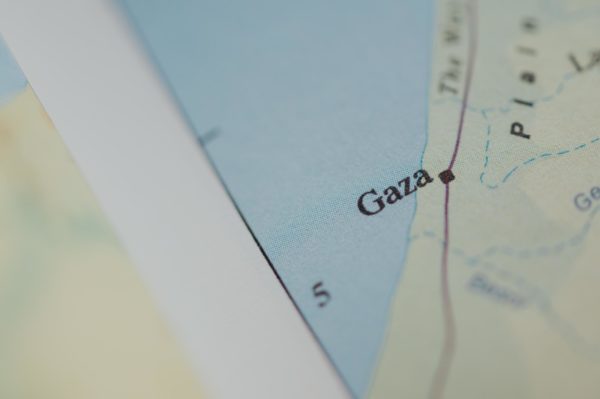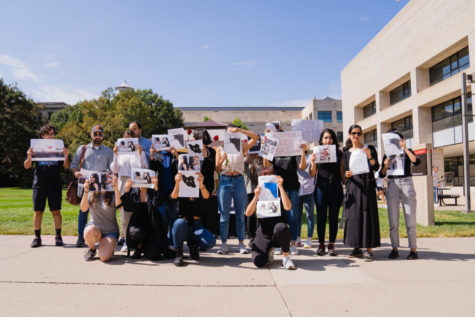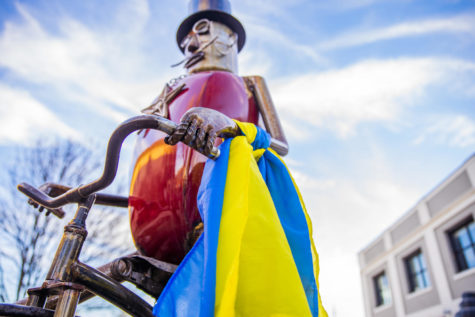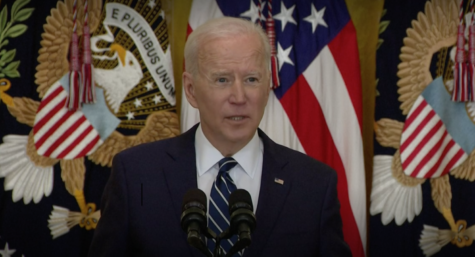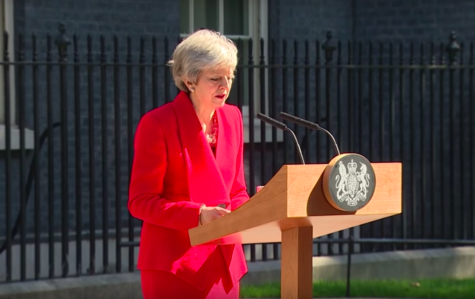U.S. considering weapons buyback for Libya
December 23, 2011
WASHINGTON — As part of a multinational effort to secure loose, portable weapons in Libya, the United States is discussing with the Libyan government a possible program to purchase shoulder-fired anti-aircraft missiles from militia members and others who picked them up during the NATO-led war against Col. Moammar Ghadafi’s forces, U.S. officials said.
State Department spokesman Mark Toner said he couldn’t get into the specifics of a classified program, but said the United States was trying to figure out the “most productive and efficient” way to destroy the roughly 20,000 portable air-defense systems, known as MANPADS, and was considering a “variety of different programs and methods” to do so.
The New York Times first reported on the negotiations.
Fearful the weapons could pose a serious potential threat to global aviation if they fell into the hands of terrorists or insurgents, the Obama administration has been working with the transitional government in Libya to take as many weapons out of the hands of the various militia groups as possible to avoid their sale on the black market.
State Department experts are on the ground working with the Libyan government. Also, about a dozen U.S. technical specialists have fanned across the country, inspecting former weapons sites and and trying to track down loose weapons.
Since the war’s end, the State Department has also sent teams to the countries bordering Libya to encourage increased inspections and vigilance for missile trafficking.
The State Department says approximately 5,000 such weapons have been secured to date.
Although the United States believes the Gadhafi regime at one point had about 20,000 MANPADS, it is hard to determine how many are missing because some could have been destroyed during NATO airstrikes and others were picked up by militias for use against Gadhafi’s forces.
“There’s a lot of weapons floating around” Libya, Toner said Friday. “We are in the process of trying to find out how many of those are in existence and how we can best get these weapons and destroy them so they don’t fall in the wrong hands.”
Toner said that the fact that militia members may have had some of the weapons doesn’t signal their intent to use them. However, he framed the effort to secure loose weapons as part of overall U.S. support for Libya’s plans to disarm, demobilize and reintegrate militias under the country’s military.
“We are tailoring our support to the Libyan government to meet the specific needs of their government and the Libyan people,” he said.






